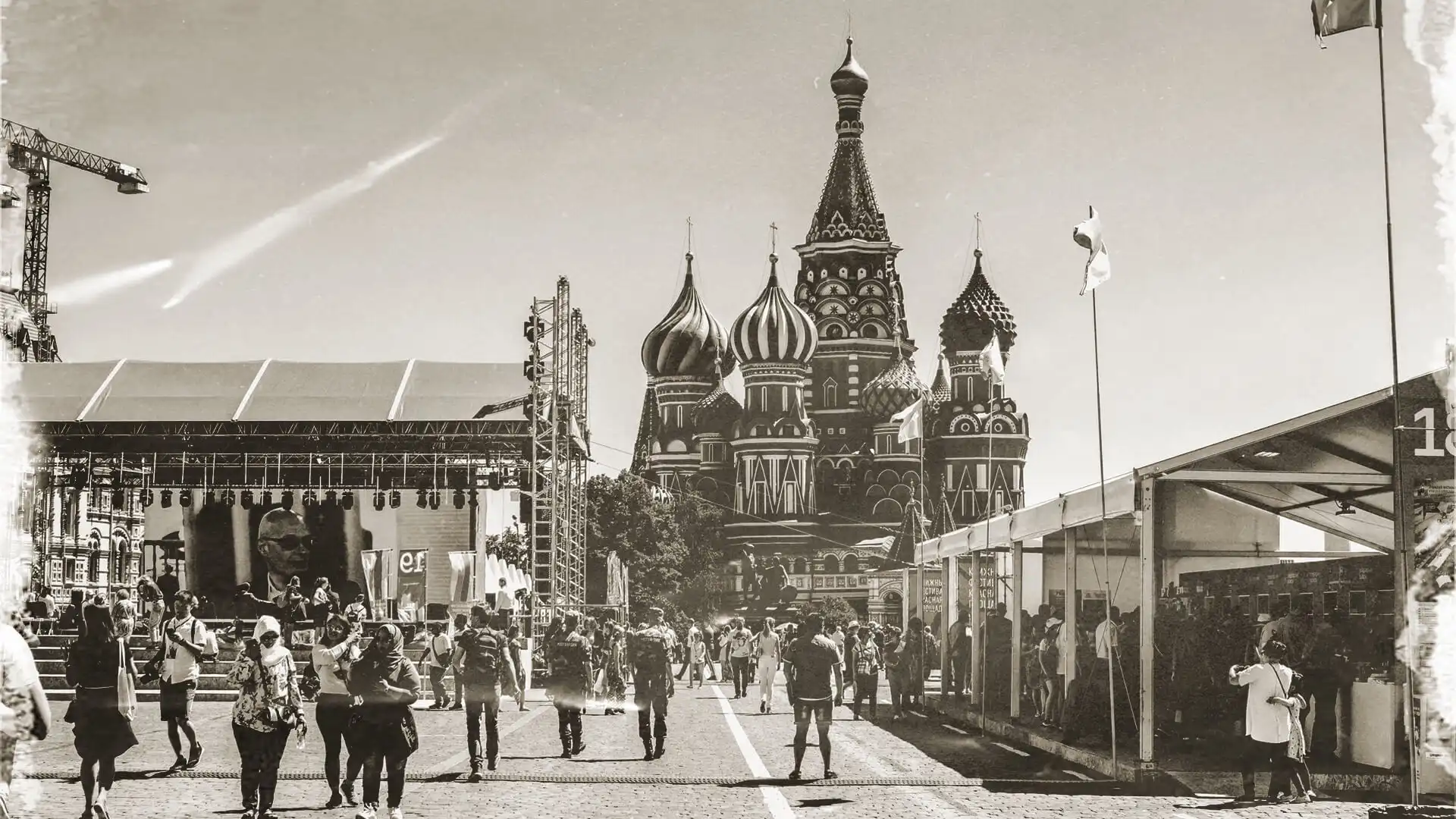
At Languages in Motion, we offer high-quality translations and interpreting from and into Russian. Expand your connections to major communities with our Russian translation services and interpreting services.

 privet
privet Russian is the eighth most-spoken language in the world, and is the official language in Russia (of course!), Belarus, Kazakhstan and Kyrgyzstan. While an unofficial language, it is widely spoken in Ukraine, Moldova, Latvia, Lithuania, Estonia, and to a lesser extent, the other countries that were once part of the Soviet Union. There are over 154 million native speakers worldwide and since it is a East Slavic language, it overlaps with Ukrainian, Polish and many others. At Languages in Motion, we open doors to Russian communities across the globe through clear communication, offering translations, from Russian to English, Amharic, Polish and vice versa.
Russian belongs to the family of Indo-European languages and is one of the three living members of the East Slavic languages. It is the most geographically widespread language of Eurasia and the most widely spoken of the Slavic languages. There are a total of 235 million people who speak Russian as a first and second language, which was dominant in the Soviet Union. Written Russian does not use the Latin alphabet like English and the West Slavic languages do. It uses a script called Cyrillic, whose letters, like that of Latin, came from Greek, but look different from them.

Yes, there are. In fact, considering Russia’s large scope and historical influence over Eastern European countries, there are over a dozen different dialects. However, these dialects are placed under three categories: northern, southern, and central, based on the geographical locations. Regardless of the locality, our certified Russian translators can help get your message across to your target audience.
It is the current standard language form of Russian, which arose during the 18th century to the modernization of the country. It was developed from the Moscow (Middle or Central Russian) dialect and has since influenced most of the country’s laws and systems.
Yes, as Russian is an East Slavic language, there are similarities with Ukrainian, Latvian, Polish, Bulgarian and many other languages in Eastern Europe. Although they might sound similar and have similar words, it’s important to get accurate translations for all Russian documents. We help you with that.
#300 – 404 6 Ave. SW Calgary, AB
1231 Pacific Blvd #270 Vancouver, BC
©2025 Languages in Motion